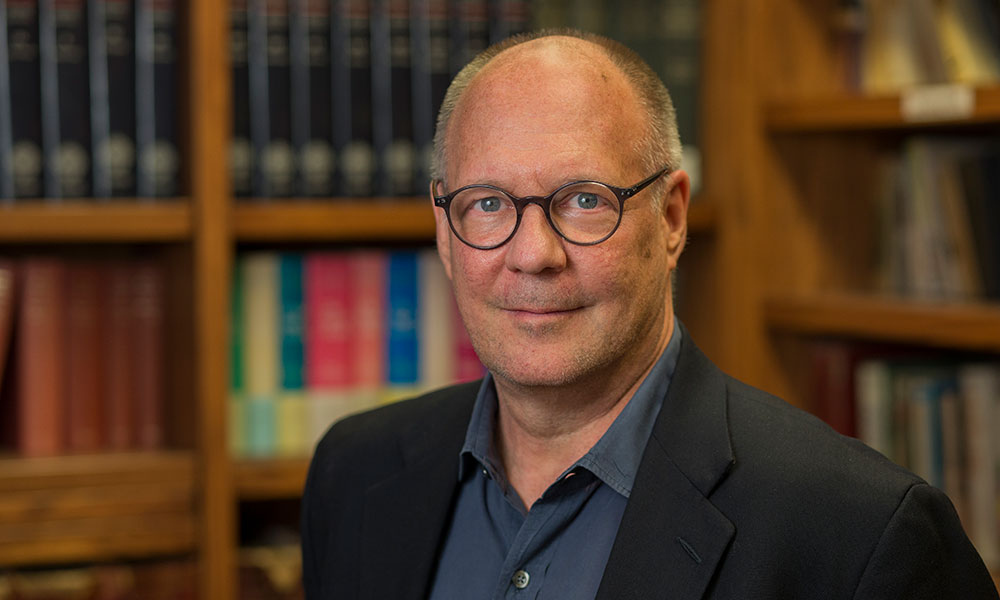Over the course of the last decade, David Baker, professor of English at Denison University, meticulously curated and edited a book of 23 essays, titled “Seek After: on Seven Modern Lyrics Poets.” Seven poets, with a chapter dedicated to each, are represented: John Keats, Walt Whitman, Emily Dickinson, Wallace Stevens, Marianne Moore, Gwendolyn Brooks, and W. S. Merwin. Baker himself contributed seven of the essays, critiquing and offering insights on these nineteenth- and-twentieth-century poets along with six co-critics.
Baker wrote this book in order to find out more about these prolific poets. “I write about poetry not because I know everything about it, but because I want to know everything about it,” he says. “Writing something clarifies your understanding of things, and often by writing you discover things you didn’t know.”
At first, it was difficult to choose which poets to focus on, but after negotiating and writing, it became clear to Baker and his co-critics that they wanted to focus around modern poetry. “There was a calculation on how to look at early and late versions of modernism and lyric poems,” he says. “There are so many other people we could have talked about. Part of it was asking ourselves: who would we have fun writing about?” In the end, the poets who were chosen were influential pre-modern, modern, and post-modern poets alike.
A highlight of Baker’s experience editing this book was being able to work with his co-critics and learn about what they had to say about each of the poets. “I’m lucky to have had the chance to work with them,” Baker says. “It’s a group effort — a collective knowledge, rather than one person’s thinking.”
Baker is no stranger to these seven poets, having studied them for decades. “These poets give me language and life,” he says. “They are some of the people who created contemporary poetry.”
Ten years ago, Baker and Ann Townsend, also a professor of English at Denison University, edited a book of essays titled “Radiant Lyre: Essays on Lyrics Poetry.” “This is kind of volume two,” he says of “Seek After.” “If that book was asking ‘what is the lyric poem’, this book is asking who the great contemporary poets are.”
Writing about poetry helps Baker’s teaching in the classroom. “I love to do this kind of scholarship because I know more when I go teach these poets, and I have taught every one of these poets in my classes,” he says. “Some of what happens in this book is a direct result of my teaching these poets, and because I’ve done this writing what I will bring to the classroom next about these poets will be different and will have grown.” For Baker, teaching and writing are inherently connected. “They are part of the same conversation.”
Baker aimed for the book to be clear and readable. “I wanted the book to be really smart and to talk about things we don’t know about these poets that we think we know everything about,” he says, “I’m just really proud of the book.”
Baker is also proud of re-discovering how fresh these poets are. “Even though almost all of them are dead, there’s something very alive and relevant about their works today.”
